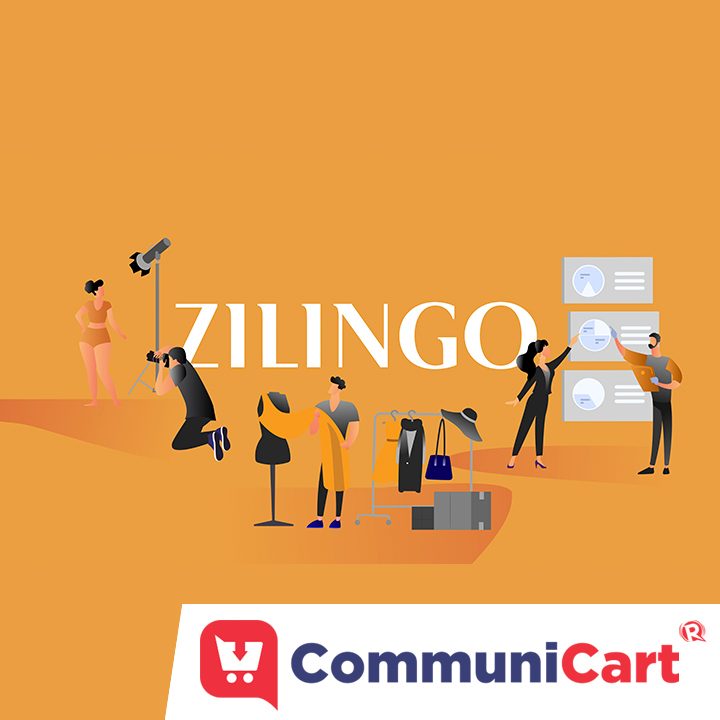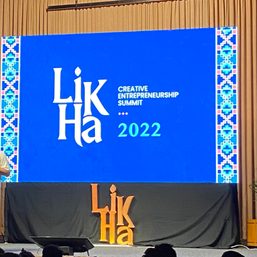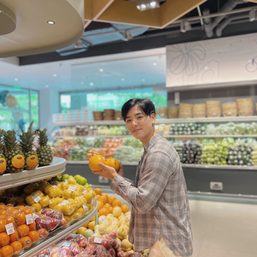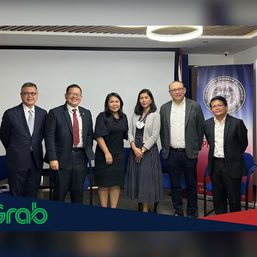SUMMARY
This is AI generated summarization, which may have errors. For context, always refer to the full article.

Editor’s note: CommuniCart is BrandRap’s new project aimed at helping micro, small, and medium enterprises get access to resources that can help them grow and expand, as well as gain an online platform for their stories.
In this feature, we take a look at how Zilingo plans on connecting more MSMEs in the Philippines to foster a collaborative environment.
The fashion and garment industry in the Philippines has shrunk down since its heyday in the early ‘90s, and trade both local and international has struggled to recover since then. In the years leading up to the pandemic, there has been renewed interest in many fronts of the field, and people were optimistic about the resurgence of Filipino fashion.
The pandemic, however, stunted the industry’s regrowth. And many in the industry, micro, small, and medium enterprises (MSMEs) included, had to transition into online channels for their businesses to recover and survive. To help MSMEs in the retail fashion industry in this process, as well as make it easier for newcomers to enter the market, e-commerce startup Zilingo introduced a new suite of services.
Zilingo is a Singapore-based tech company with offices in eight different countries including the Philippines, India, Hong Kong, the U.S., and more. They offer business-to-business (B2B) end-to-end solutions to their clientele, and also open their doors to any vendor involved within the entire supply chain.
Their business focuses on finding problems along the retail fashion supply line and seeing how a digital solution can be applied. “Zilingo is reimagining the entire supply chain and aggregating all parties within the same platform by offering services and software that can help businesses do better. This has been the brand’s focus since day one,” shared Shiela Mauricio, country manager of Zilingo Philippines.
In a virtual press event, the group shared that they have been able to connect various vendors across the chain, including raw material providers, manufacturers, seamstresses, designers, creatives, packaging suppliers, even financial consultants and branding experts across different countries. By narrowing the gaps between these different parts, they claim to have been able to ease communications and transactions, as well as lower the costs.
Currently, Zilingo breaks down the plethora of services they offer into the following segments:
- Zilingo Trade – makes buying & selling ready-made (RMG) and made-to-order (MTO) goods in bulk seamless
- Zilingo Marketing Services – helps businesses with high-quality photoshoots, online ads, catalogs, and also content creation
- Zilingo Digitize – Fully digitizes distribution, wholesale, or direct selling operations for brands & distributors
- Zilingo Factory – Manufacturing Execution System (MES) software for the garment industry that helps factories increase efficiency & reduce waste
- Zilingo Connect and Fintech – seamlessly manage multiple online marketplaces, and get access to longer-term credit at more reasonable rates
They also discussed a few innovations that they have weaved into their offerings, including ways to digitally manage your inventory across multiple e-commerce platforms like Lazada, Shopee, and Shopify.
They have also found partners who can accommodate both small and large quantity orders, lowering the barrier of entering the retail fashion industry for newcomers.
“In terms of made-to-order, I think the potential is limitless… Consumers are now more and more demanding of fashion items that are more unique. So brands are being pressured to have goods manufactured not with 5,000 units or 10,000 units but with only a hundred units or 50 units because brands want to cycle different styles faster and faster,” said Dhruv Kapoor, co-founder & chief technology and product officer of Zilingo.
Kapoor also reassures their customers that they have a stringent vetting process for their suppliers, particularly the factories they work with who he says are among the largest ones in the world. He explains that they carefully look into factory certifications so they avoid involvement with unruly labor practices as well as cater to those looking for more sustainable options.
With an end-to-end approach in addressing retail fashion business needs which includes branding and marketing too, one can’t help but wonder what else there is to do. Kapoor clarifies that while Zilingo can help with a wide range of pain points for business owners, their strength is really in the technological side of the business: automating many of the processes that most business owners do manually instead, making operations more efficient.
Mauricio adds that in the immediate pipeline for MSMEs in the Philippines are more fintech solutions so that capital and credit can also be made more accessible.
There is still a long way to go before the fashion industry bounces back to its full glory (or even beyond that), and even though the pandemic has undoubtedly slowed this journey down, it has not come to a full stop just yet. And many in the industry, Zilingo included, believe that it is through innovation and continued collaboration that the entire industry can recover and grow. – Rappler.com
Add a comment
How does this make you feel?










There are no comments yet. Add your comment to start the conversation.